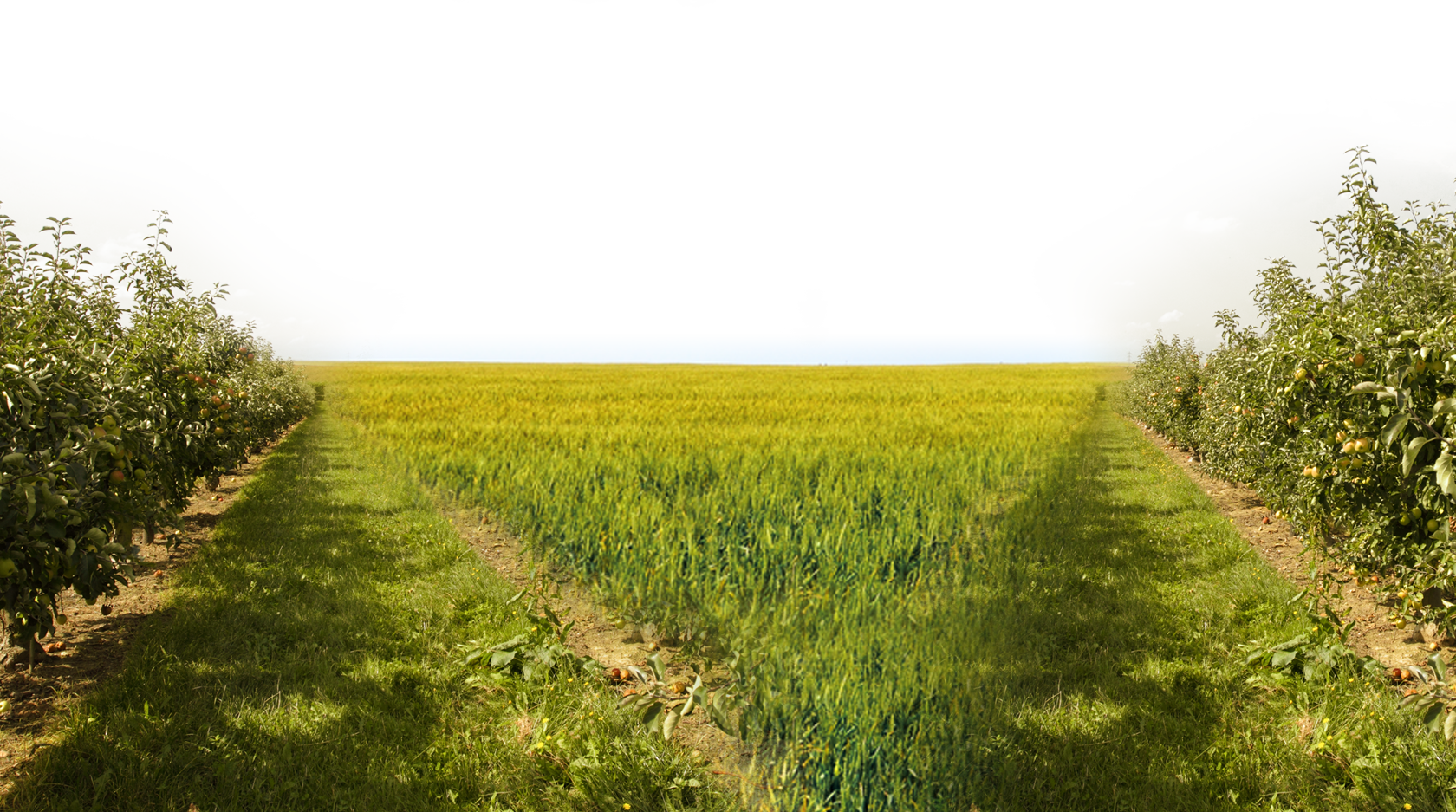
Is Detoxing Really Necessary?
By Sebrina Zerkus Smith | 0 Comments | Posted 12/28/2015
With the New Year approaching, many people will hop on the detox train to try to lose a few extra pounds and feel a bit better. But there are pros and cons to detoxing as a way to lose weight and improve health. And when it comes right down to it, is detoxing really necessary?
What is a detox?
Traditionally, the term detox applied to the act of discontinuing drugs or alcohol in a controlled setting, such as a hospital. However, the term has come to mean any process by which toxins and harmful substances are removed from the body. Also called a cleanse, it can be a weeks long period of abstaining from certain foods and beverages, while ingesting a “detoxifying” liquid in an effort to remove harmful toxins and unnecessary waste from the body.
The most popular recipe for a detoxifying cleanse, based on The Master Cleanse by Stanley Burroughs, consists of lemon juice, maple syrup and water with a bit of cayenne pepper. But there are many recipes available and even pre-mixed drinks and powders that can be purchased from a retailer like GNC or Amazon. There are also detox teas available, which are made mostly of dried dandelion root, a natural diuretic, mixed with herbs.
Detoxing is popular, not only because celebs promote it as a lifestyle, but because there can be visible results from cleansing. Your stomach will feel flatter, you may feel lighter. You will lose weight. Some people report feeling euphoric, with an intense feeling of well-being. Some report improvement in their skin, hair, digestion and even allergies and other medical issues.
Separate fact from fiction.
But let’s be honest. It’s a given that if you abstain from solid food and ingest only liquids for several days, you will lose weight. What you’re actually doing is severely restricting your calorie intake, while adding in massive amounts of fluids (some detox instructions require up to 2 gallons of water per day) which will make you urinate frequently, causing loss of water weight.
According to Dr. Jen Gunter, severely restricting food intake causes the body to react as if it’s starving. When this happens, your body begin to release glucocorticoids, which cause the mobilization of energy stored in fat cells. As this happens, your brain releases endorphins, which create a euphoric feeling. This euphoria is your body’s way of masking the pain associated with starvation. It is not a feeling of well-being brought on by toxins leaving the body. In fact, it is just the opposite. As your cleanse progresses, your body believes it is in all-out, all-hands-on-deck starvation mode. This can actually work against you in the end. As your body starves — and uses stored fat for energy — it may hoard that stored energy for important body process like adrenal function. What happens then? You become lethargic, grumpy, irritable and weak. The energy you seek is not available because your body is not able to commit valuable energy reserves for anything other than the most basic bodily processes.
Want to know another fact about detoxing? Your body already has a sophisticated and highly-efficient system to cleanse the body of toxins and eliminate waste. Your liver, kidneys, and even your lungs are there specifically to do this job, so limiting your food intake and compulsively drinking lemon or cucumber water is an unnecessary adjunct to their function. In fact, by reducing calories severely and forcing the body to process large amounts of fluid, you can actually put unnecessary strain on your liver and kidneys. Frequent urination can also cause electrolyte imbalance, causing problems ranging from mild muscle cramps to severe heart rhythm problems.
And if you’re thinking that a food detox — one consisting mainly of liquified fruits and veggies — is healthier and better, think again. Not only will a “food” cleanse lighten your wallet considerably (at around $90 per week), you may actually be consuming more calories per meal then if you ate a traditional, but waist-friendly meal. Not to mention the fact that some plants contain seeds and stems that are not only unhealthy, they can be down right dangerous —like apple seeds and rhubarb stems. Best not to puree all parts of all plants, and drink them in your morning smoothie!
Research has consistently shown that a diet containing fruits, vegetables and healthy amounts of fat and protein is a better way to ward off the munchies and control weight in the long term. Eating fresh, organic and unprocessed foods of all types is also the best way to limit your intake of toxins and stay healthy. And any weight lost during a detoxifying cleanse is sure to return quickly as soon as you resume a normal eating plan.
So is detoxing really necessary? Ultimately, that’s up to you to decide. Me? I’m in favor of letting my liver and kidneys do their job. Besides, I like my lemon on baked chicken and maple syrup on pancakes —in moderation of course!


 Contact us
Contact us



























